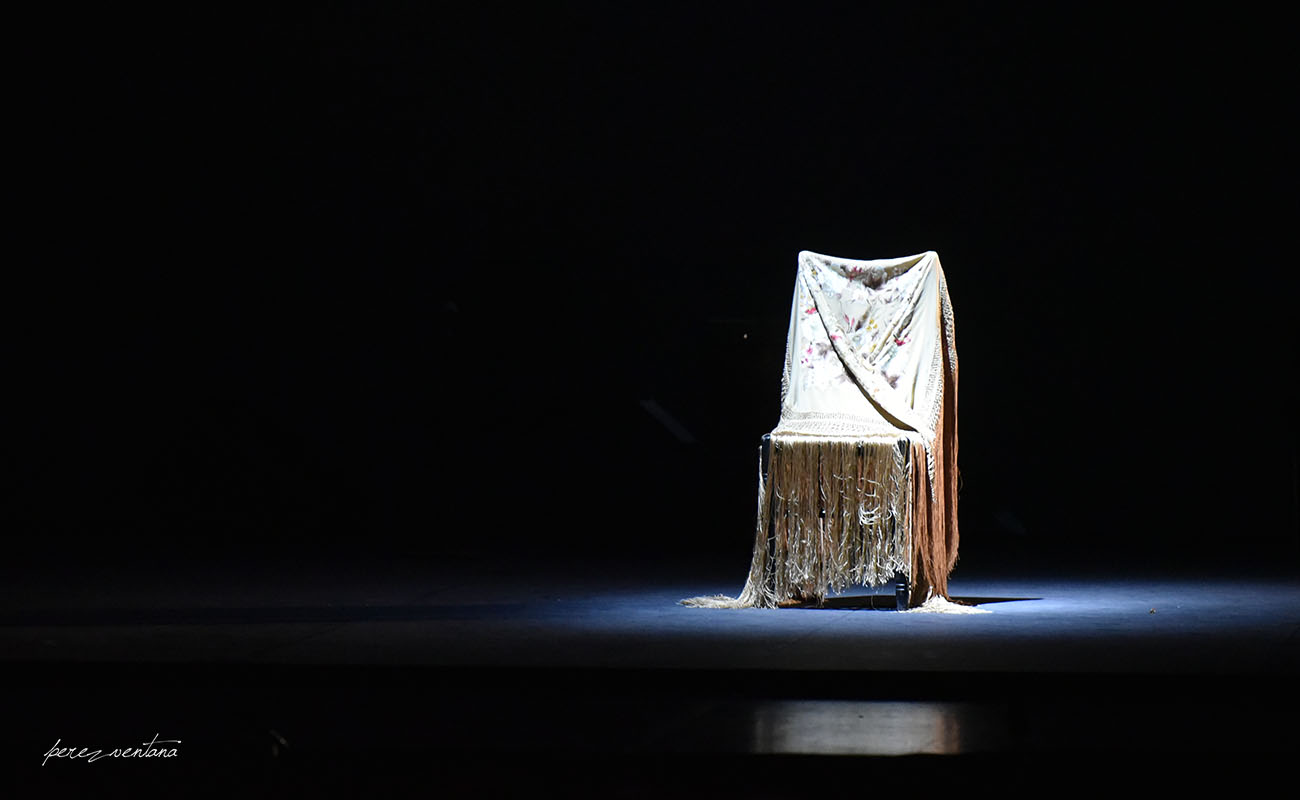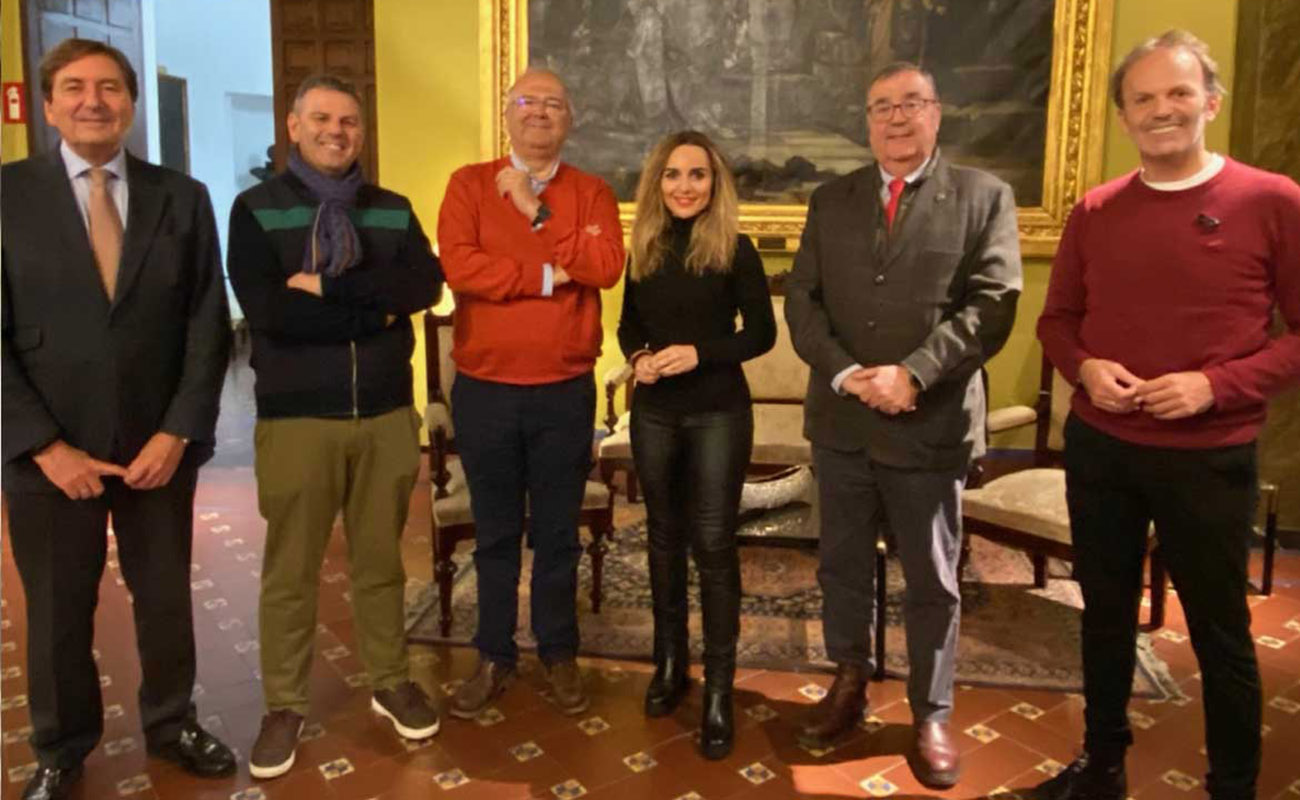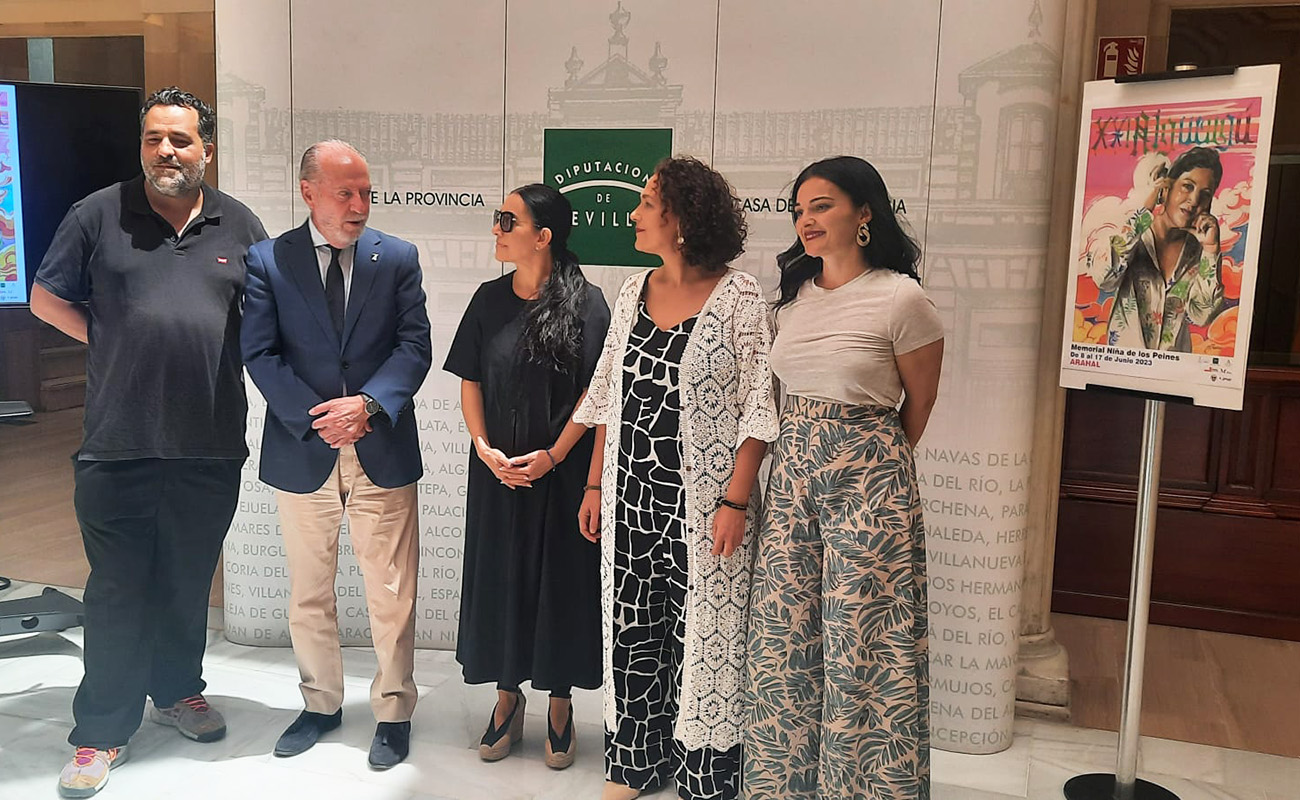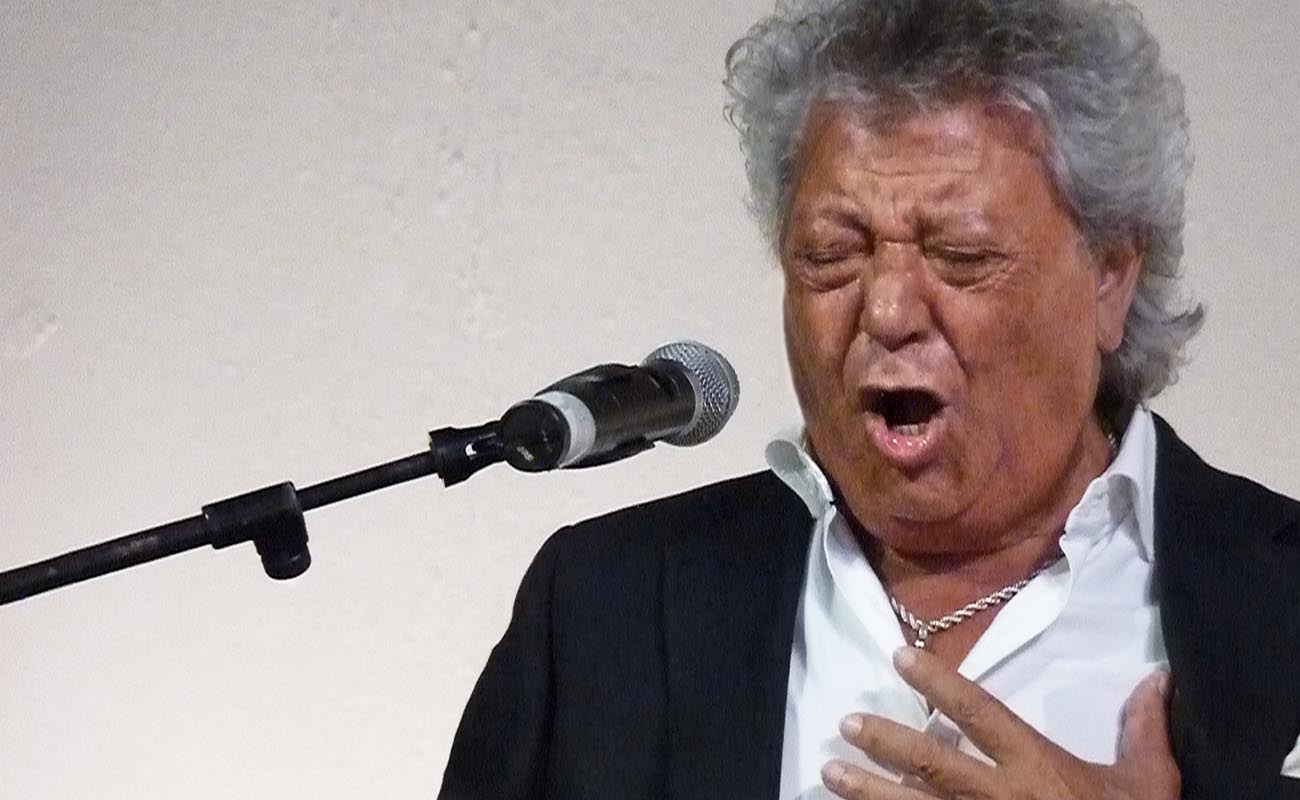Flamenco law, from paper to reality
After much anticipation, the Government Council of Andalusia’s office has received the draft of the Flamenco Law which has long been called for. There are 34 articles in total making up this legislation.

The Flamenco Law is entering its final stages. It is undoubtedly a historical milestone, implemented by the Regional Government of Andalusia, possibly marking a before and after in the management of the jondo art and all that surrounds it. Amongst other things, the main goal of this ambitious project is to protect the artists, flamenco education and the regularisation of the associative network.
The Government Council has received the first draft and it will be brought for debate in the Andalusian Parliament once the usual technical amendments have been made. As Alejandro Luque pointed out in his article published in eldiario.es, this long-awaited law comprises of 34 articles in total.
The legislation has been worked on by the Advisory Council, presided by the cantaor and ex-Director of the Centro Andaluz de Flamenco (Andalusian Flamenco Centre) Calixto Sánchez, and made up of journalists Manuel Curao and Marta Carrasco, Professor Rafael Infante and Concha Prieto representing the peñas.
“Flamenco is a cultural expression and a diverse demonstration of art. It is a symbol of Andalusia’s identity, in which the gitana community and the historical influence of other cultures have played and continue to play a fundamental role in both its origin and evolution”. Thus begins the text of this law, which on Expoflamenco we earlier informed was to recognise the gitanos.
One of the key points to be dealt with is that concerning organisations, in particular, las peñas. It is a network which has been hugely affected in recent years, bringing about serious and challenging financial and structural problems. “I’m very supportive of las peñas, I’ve performed in many. They are where artists can perform in front of an appreciative audience who listens to them. But all of the money that an institution like the Regional Government can provide must be accounted for, and that requires restructuring everything’, Calixto Sánchez explains.
This law does not overlook education either, stipulating that ‘the Education Authority will promote the presence and knowledge of flamenco in the different stages of non-university education, through the inclusion of curricular content and the development of flamenco-related activities”. An idea which has long been on the minds of jonde enthusiasts, and which seems to be becoming a reality sooner rather than later. “For the time being there is an hour of music a week, sometimes shared with other activities. But each school does what it likes, without order. We will see how far it can go”, Sánchez continues.
The protection of the Conjunto Patrimonial del Flamenco (Flamenco Heritage Group) is another key aspect. Thus, it is indicated that “both real estate and personal property making up the Conjunto Patrimonial del Flamenco can be registered in the Catálogo General del Patrimonio Histórico Andaluz (General Catalogue of Andalusian Historical Heritage), be it individually or collectively”.
Furthermore, emphasis is placed on spreading the jondo art outside of Andalusia, both at a national and international level. This is to be by “promoting flamenco through information technology, with the instruction that the dissemination of artistic works, shows and other flamenco-related activities would be circulated on digital platforms, social networks and other mediums”.
It is still too soon to gauge what the flamencos think of this draft. Mind you, the new President of the professional artists’ association Unión Flamenca (Flamenco Union), Antonio González, has been clear that “anything which protects flamenco and the artist (and those who make it possible) is fine with us, even more so if it comes from a world pioneering law.” Nonetheless he is disappointed that Unión Flamenca have not been involved in discussions.
Translation: Lauren Bleakley




